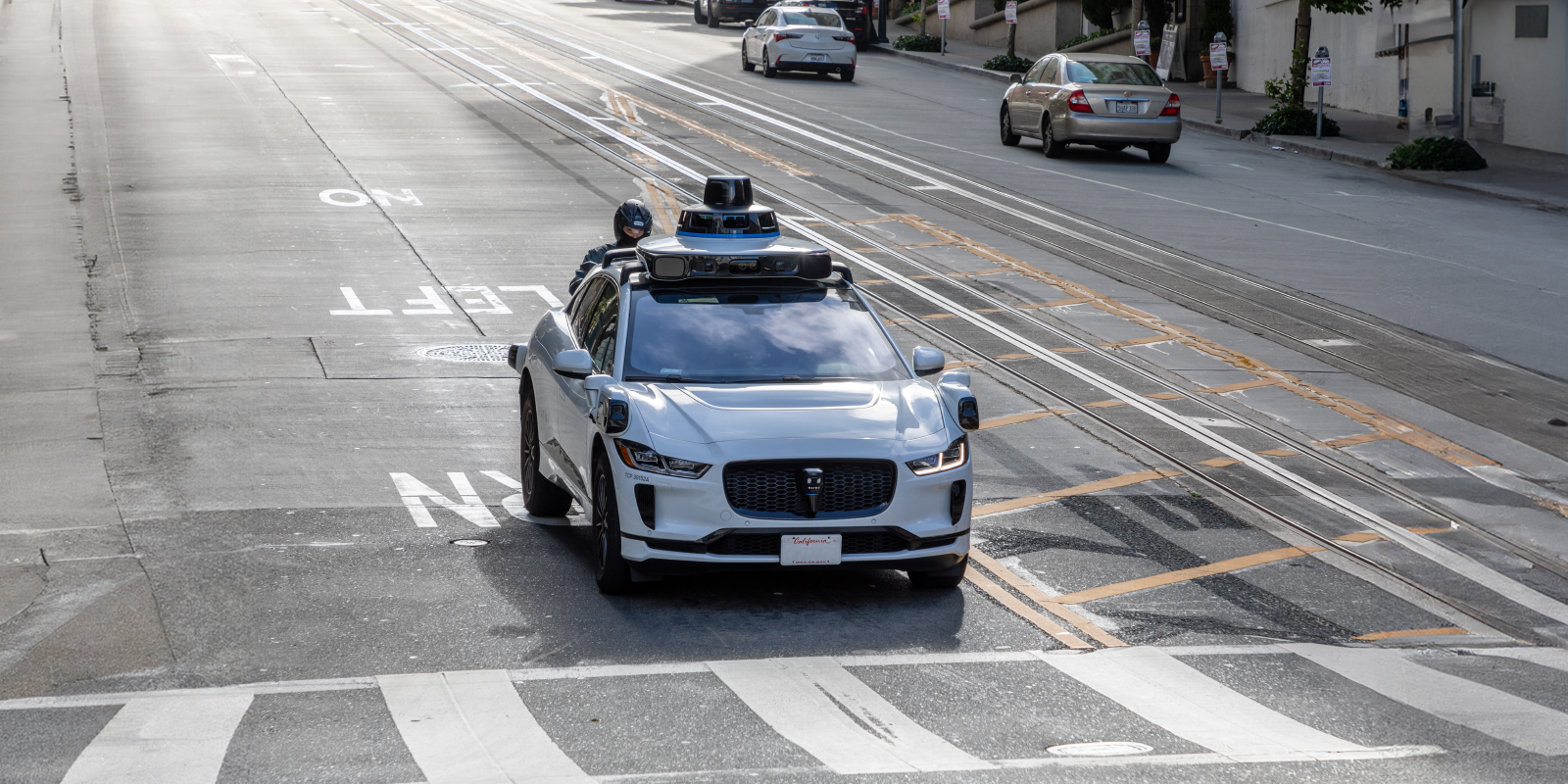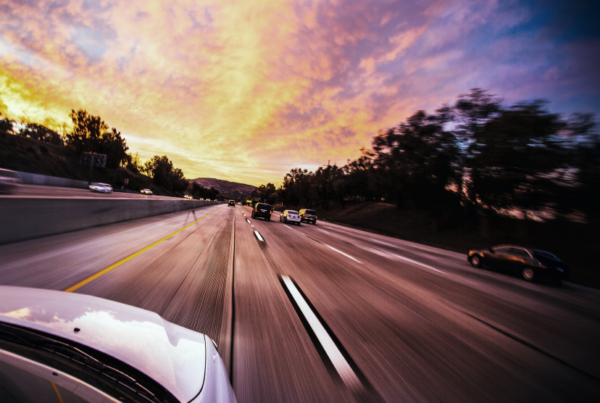The advent of self-driving technology, epitomized by companies like Waymo, has undeniably transformed the landscape of modern transportation. While promising enhanced safety and efficiency, the deployment of autonomous vehicles has also ushered in new challenges and concerns. As Waymo’s driverless taxi service, Waymo One, expands its presence, questions about safety, liability, and the legal intricacies surrounding accidents come to the forefront.
Fielding Law, with its unwavering commitment to justice, stands ready to guide and support those navigating the aftermath of Waymo self-driving car accidents.
Waymo Launches in Santa Monica
Waymo’s driverless taxi launch in Santa Monica sparks excitement and concern. As Waymo One becomes available, questions arise about safety. With eight cameras providing a 360-degree view, Waymo aims to enhance safety amid ongoing concerns.
Self-driving technology, championed by Waymo, Tesla, and General Motors, faces activism highlighting safety risks. Challenges, such as lane-keeping issues and communication gaps, persist. Legal obligations demand safety prioritization in design, manufacturing, and marketing.
How is Liability Determined?
Liability in self-driving car accidents can result from design flaws and software defects. The fatal Uber autonomous vehicle accident in Phoenix involved a software bug. Seeking justice involves interviews, obtaining footage, preserving records, and consulting an experienced personal injury attorney.
Accidents involving autonomous vehicles are intricate, with potential negligence by multiple parties and the need to navigate claims with Waymo Insurance in certain cases. Safety drivers, though typically present, may not prevent all accidents. Victims may not immediately realize the full extent of their injuries. Seeking medical attention and legal counsel are critical steps.
Note: Information provided is for educational purposes and does not constitute legal advice. Always consult with a qualified attorney for legal concerns.




